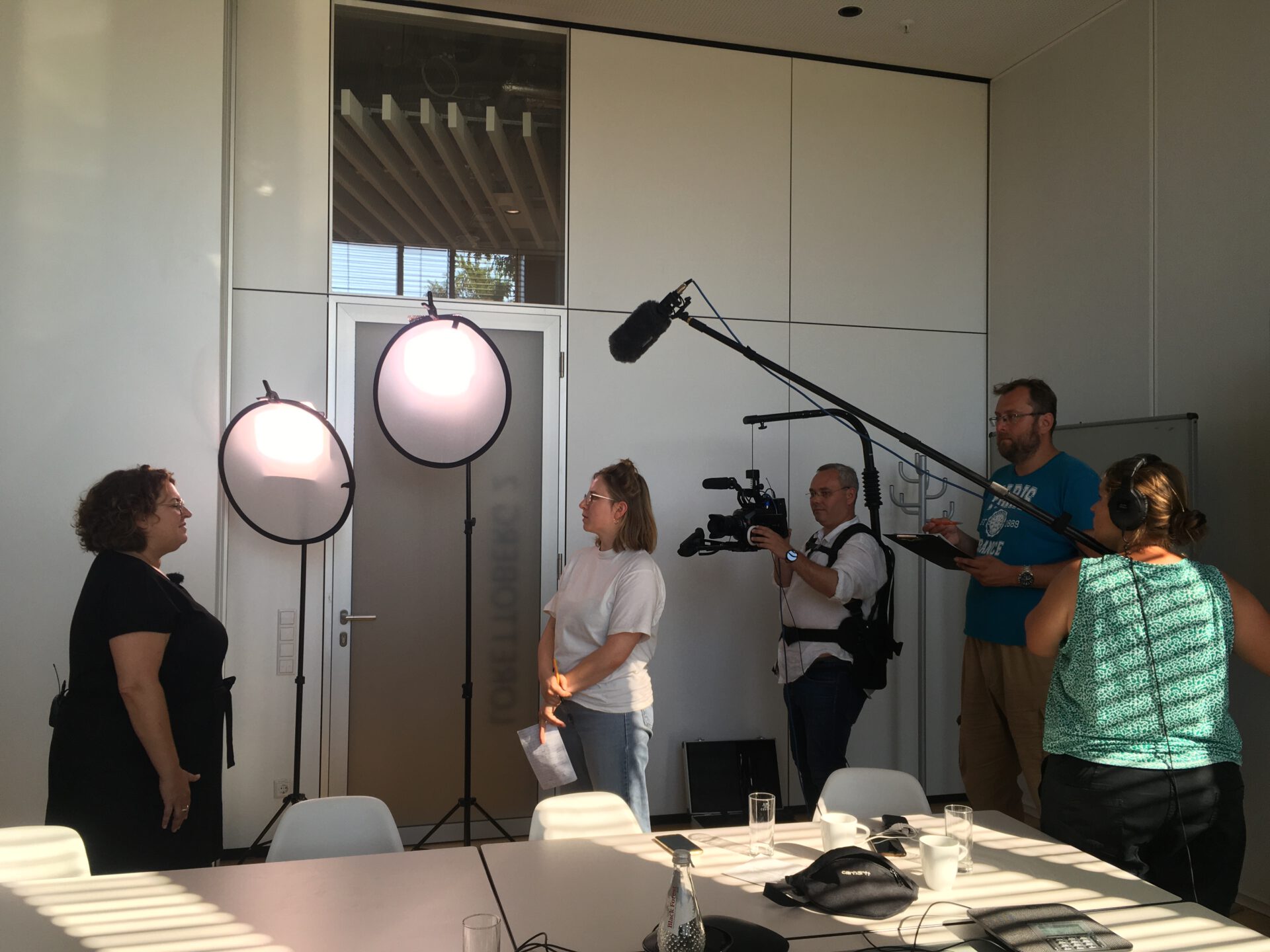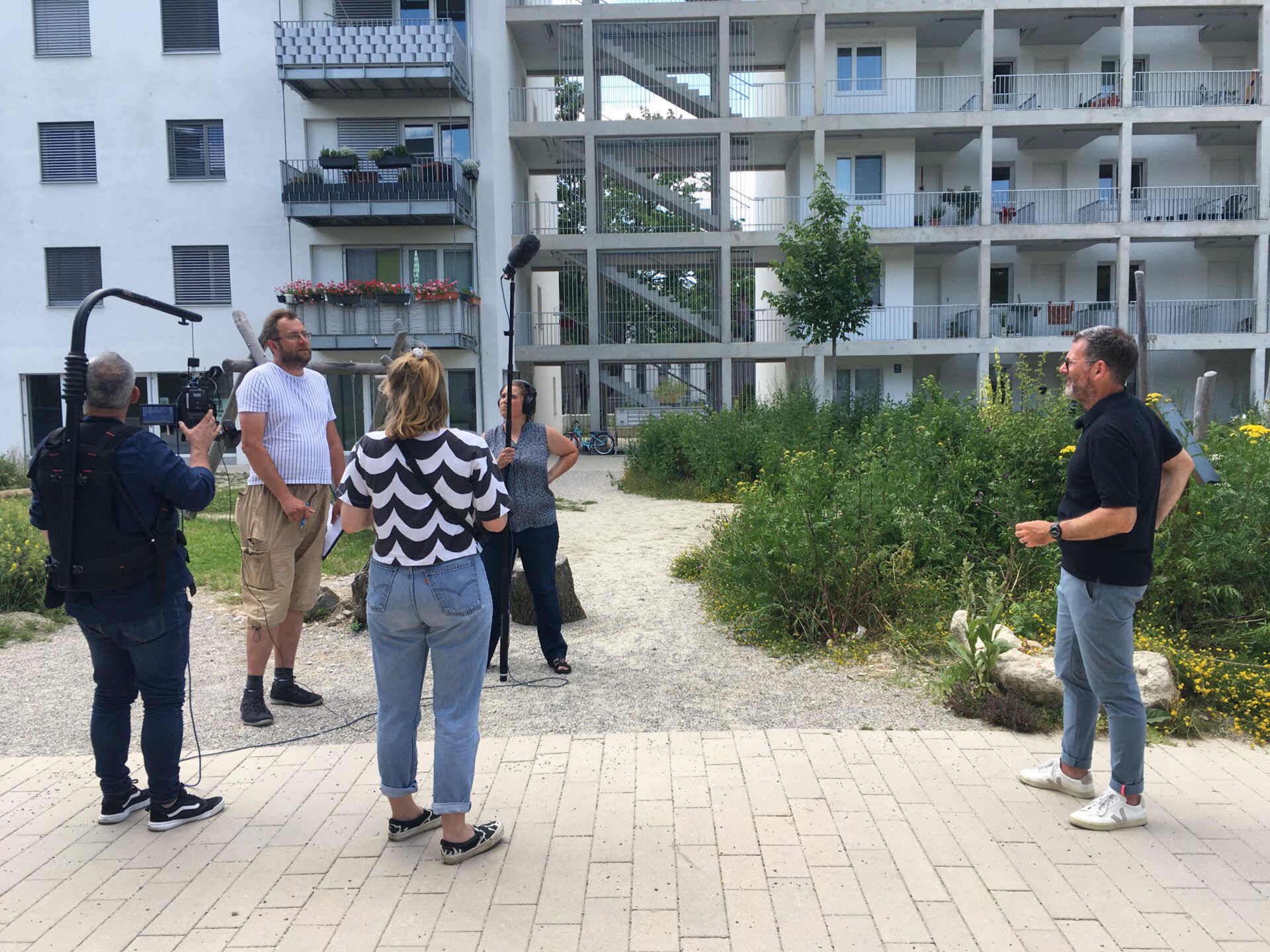The Atlas of Post Carbon Architecture opens up a broad spectrum of possibilities, ideas and scope for action for building within planetary boundaries. In cooperation with the Passive House Centre Czech Republic (CPD), a digital information platform will be offered, which presents a selection of best practice case studys in the area of Germany to show various pioneer projects for resource- and climate-aware construction.
The aim of the project is to communicate examples of successful practice and thus to disseminate innovative possibilities for decarbonising the building sector. The focus of the selected projects is on resource and land use efficieny, high- and low-tech concepts for energy reduction and production, building in existing contexts, material life cycles, natural building materials, sustainable neighbourhood development and social sustainability.
This project is funded by the German Federal Environmental Foundation (DBU) and the Passive House Center Brno (CPD).

Der Atlas of Post Carbon Architecture eröffnet ein breites Spektrum von Möglichkeiten, Ideen und Handlungsspielräumen für das Bauen innerhalb der planetarer Grenzen. In Kooperation mit dem Passivhauszentrum Tschechien (CPD) (Link) wird eine digitale Informationsplattform entstehen, die anhand von zehn Best Practice Beispielen im Raum Deutschland, verschiedene Möglichkeiten des ressourcen- und klimagerechten Bauens vermittelt.
Ziel des Projektes ist die Vermittlung von Beispielen erfolgreicher Praxis und somit die Verbreitung innovativer Möglichkeiten zur Dekarbonisierung des Bausektors. Der Fokus der ausgewählten Projekte liegt hierbei auf den Themenfeldern effizienter Flächen- und Ressourcenverbrauch, High- und Low-Tech-Konzepte zur Energiereduzierung und -gewinnung, Bauen im Bestand, kreislaufgerechtes Bauen, natürliche Baustoffe, zukunftsfähige Quartiersentwicklung und soziale Nachhaltigkeit.
Dieses Projekt wird von der Bundesstiftung Umwelt (DBU) und dem Passivhausverein in Brno (CPD) gefördert.

